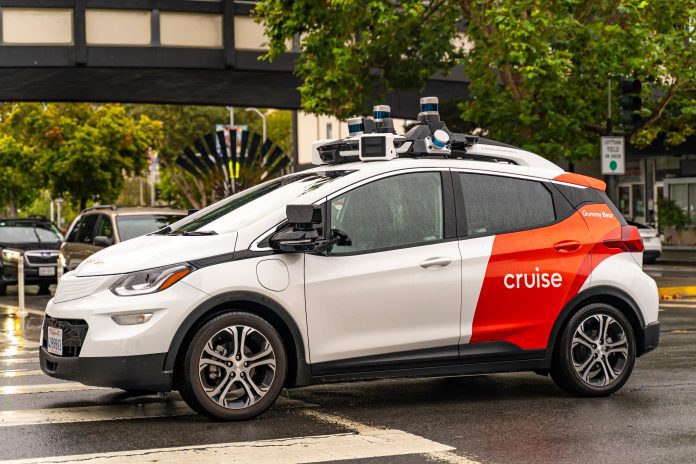General Motors filed a lawsuit alleging that San Francisco had unfairly taxed them $108 million over a seven-year period.
According to GM, San Francisco linked its tax bill to a percentage of its global revenue by including its Cruise self-driving subsidiary. As a result, more than $3 billion was subject to city taxes last year. However, the automaker has argued that its core automotive business does not employ anyone in the city, has no physical locations or dealerships, and only sells a small amount of retail goods in the city.
GM has claimed that its Cruise unit operates independently of the company and has only begun generating revenue in 2022. In addition to the tax refund, the company seeks to recover almost $13 million for interest and penalties.
The lawsuit comes after San Francisco’s business and political leaders have been promoting the city as a global hub for innovation following a slow post-pandemic recovery that has resulted in empty offices and retail flight, as well as homelessness and the fentanyl pandemic. Plans to increase business taxes this year have been postponed until 2025. The city comptroller has stated that the gross receipts tax generates approximately $800 million annually, with GM paying roughly 2% of the city’s taxes at that rate.
However, according to a California statute, taxes must “fairly reflect” corporate operations within a jurisdiction, and it’s “inherently distortive” for San Francisco to bill GM disproportionately for Cruise’s wages. The complaint also states that many of Cruise’s staff work remotely from home, with some not even located in the city.
GM has faced backlash due to Cruise’s license suspension in October for driving on California’s public roadways. The ban comes after two high-profile robotaxi mishaps in San Francisco, one involving a fire engine, while the other injured a pedestrian who was dragged for 20 feet and suffered severe injuries.




